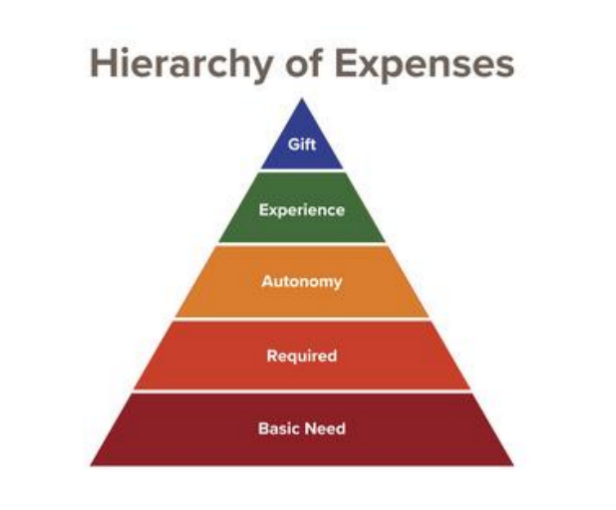For couples with two incomes who earn well, starting a family involves more than just financial planning; it requires a careful reassessment of finances. Not only will they face new expenses such as childcare, medical care for their child, and necessary supplies, but they also need to find a way to maintain the pleasures they enjoyed before parenthood, like traveling or pursuing hobbies. This situation calls for a focus on long-term objectives, including saving for education, creating an emergency fund, and ensuring flexibility for taking time off for parenting. It’s not about generic advice; it's about crafting a personalized plan that balances immediate happiness and the future needs of their child.

Reassessing Income Streams with a Long - Term Lens
Households with dual incomes that spend significantly often depend on various sources of income, including salaries, investments, and side ventures. When a child arrives, rather than just focusing on immediate expenses, it's wise to think about diversifying and strengthening these income streams. Wealthy individuals might look at alternative investments, such as hedge funds or private equity, which could provide greater returns in the long run. For example, investing part of your savings in a thoughtfully chosen private equity fund might lead to considerable growth, helping to create a financial cushion for future educational costs and inheritance plans.
Additionally, it's important to consider how parental leave could impact your income. High-earning workers might be able to take longer leaves without major pay reductions. Still, it's essential to evaluate how this time off affects retirement savings, stock options, and career advancement. It may be beneficial to seek advice from a financial planner to create a strategy that reduces long-term financial consequences while allowing you to fully embrace the early days of being a parent.
Redefining Expense Hierarchy
When a child arrives, parents often change how they spend money, moving away from expensive items to more thoughtful choices. Affluent parents tend to focus on high-quality essentials, such as sustainable baby products and top-notch childcare services, reflecting their family values. To manage ongoing expenses, a “needs versus wants” approach can be useful—like replacing individual personal training sessions with a family gym membership that can accommodate the child later, balancing personal lifestyle with the evolving requirements of family life.

Building a Comprehensive Insurance Fortress
When it comes to children, insurance is essential. In addition to standard coverage, wealthy families require specific types of insurance: thorough education policies that ensure money for private or foreign schooling, umbrella policies for added liability protection, and disability insurance that replaces income if an injury or illness affects a parent's ability to work. These measures safeguard assets, secure educational funds, and help maintain financial stability in tough times.

Incorporating Philanthropy into Family Finances
Set aside funds for family donations, focusing on helping children, education, or environmental issues. This act of giving not only supports the community but also teaches kids about social responsibility and empathy early on, connecting financial success with moral values.Becoming a parent requires careful financial planning. By reassessing spending, enhancing insurance, and including charitable giving, families with high incomes ensure their current way of life and also secure their children's future financial health.




